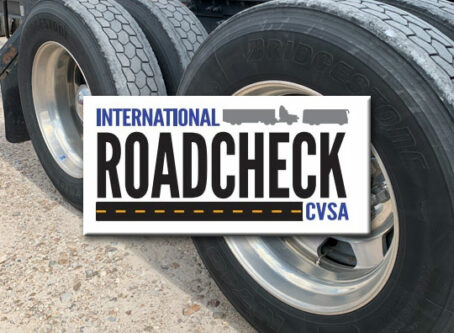Michigan bills to end roadside cash payments near passage
A three-bill package nearing passage at the Michigan statehouse is intended to simplify the issuance of traffic citations for out-of-state drivers.
Currently, Michigan is one of six states that are not members of the Nonresident Violator Compact. The distinction results in drivers issued traffic citations in another state to either provide cash on site, have their driver’s license confiscated, or possibly be sent to jail until payment is made.
The Senate Transportation Committee has voted to advance one bill that would remove the requirement for cited drivers to pay cash along the roadside while driving out-of-state. Instead, HB6011 would enroll the state in a national driver license compact to share traffic violation records with other states.
Rep. Jeff Noble, R-Plymouth, has said his bill would ensure states work together so that bonds and citations are appropriately settled if a driver from another state is issued a ticket.
“This plan ensures violations will be paid while also allowing drivers to be on their way after receiving a citation,” Noble said in a prior statement.
The House Fiscal Agency reports the other states that are not part of the compact are Alaska, California, Montana, Oregon and Wisconsin.
The Senate panel also approved a separate bill, HB5542, to amend the Motor Carrier Safety Act to revise the provision concerning nonresident truck drivers issued traffic citations.
Rep. Jim Runestad, R-White Lake, said the change would get rid of “an antiquated law.”
“When officers collect the cash, the funds are immediately taken in and reported,” Runestad previously stated. “This requirement takes time away from patrolling and can be misperceived by visitors to our state.”
He adds that the Michigan State Police has recommended eliminating the requirement.
The third bill in the package to advance, HB6012, would make the same change to Michigan Vehicle Code.
Rep. Steve Johnson, R-Geneva, has called the change “a common-sense provision that protects Michigan law enforcement officers and travelers from having to engage in an uncomfortable roadside cash transaction.”
He added that his bill would ensure that out-of-state drivers would have the same privileges in Michigan – as long as their home state is part of the agreement.
The three bills are tie-barred together. The term refers to a requirements that all bills in the package must be signed into law to take effect.
The package of bills awaits consideration on the Senate floor. If approved, HB6012 would head back to the House for approval of changes before the bill package can move to the governor’s desk.
However, time is short to get the deal done. The two-year session wraps up on Dec. 31. Failure to advance to the governor’s desk before the end of the year would require supporters to start over when the 2019 regular session convenes.









